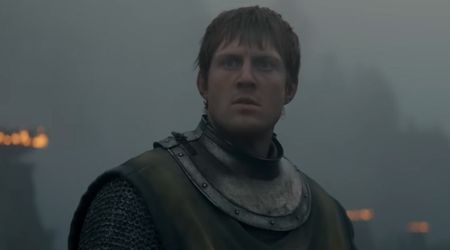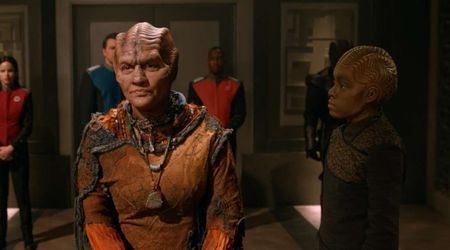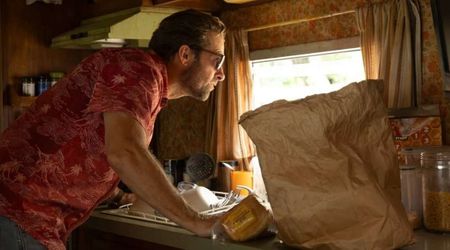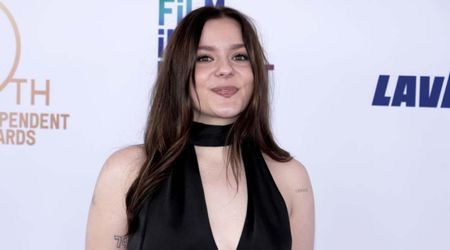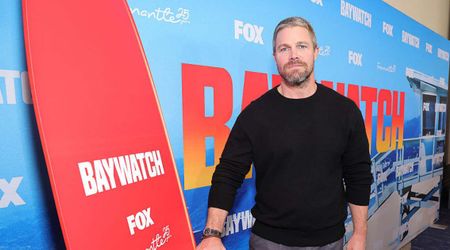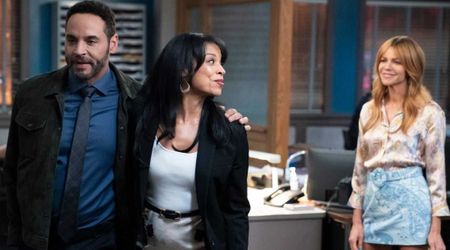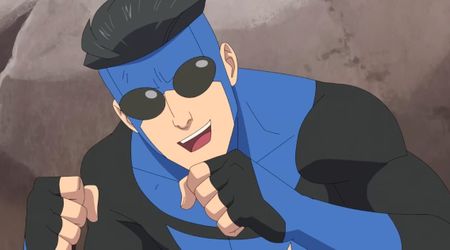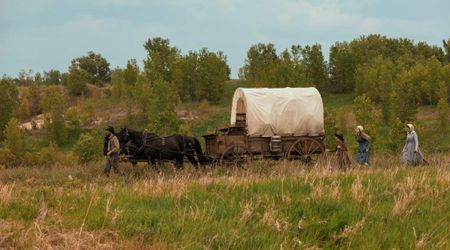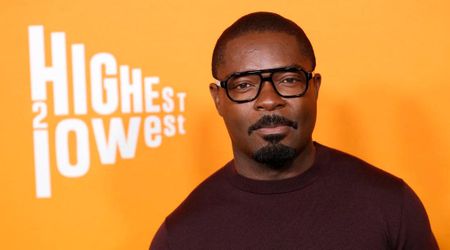'Our Boys': HBO mini-series stays too close to the bones of the events it depicts

The seed for the miniseries 'Our Boys' was planted when HBO took note of an article in the New York Times in 2015 about the trial of Yosef Haim Ben-David and two minors. They had been charged with torturing and then burning to death a Palestinian teenager, Mohammed Abu Khdeir, in the summer of 2014.
The murder was a hate crime that came a day after the Israeli Defence Forces discovered the bodies of three Jewish teenagers, Eyal Yifrach, Gilad Shaar and Naftali Frankel, whose deaths were attributed to Hamas operatives.
The revenge killing of Mohammed became the sparking incident that led to the 50-day Gaza War in 2014. HBO approached Golden Globe winner Hagai Levi, who is also an Israeli, to create a miniseries based on the murdered boys.
For Levi, who immersed himself in research for the next two years, this was a story that needed to be told. Five years after the actual events took place, the first two episodes of 'Our Boys' have been aired.
The series divides its narrative plot points between Mohammed’s family, his killers, and Simon, an agent from the Jewish Division of Shin Bet also called Shabak, Israel's internal security service, that probes suspected terrorism by the far Jewish right.
So who are the real-life counterparts of the characters on the show?
The dramatized retelling doesn't change much, including names. All the other characters featured in the series are based on real people, except Simon. Real footage has been used from the summer of 2014 with filmed scenes to bring additional authenticity.
The events in the show also follow what unfolded in reality pretty closely - including the rumor-mongering, comments, and reactions of Israeli civilians after Mohammed's burnt body was found and of key players that the police and Shabak investigators spoke to during the murder investigation.
Simon's character is played by writer-director Shlomi Elkabetz (his first time on screen). His calm, unemotional and unbiased approach to Mohammed's murder investigation is in many ways an audience proxy into the story.
Simon also provides the necessary balance to the racist and often insensitive comments made by the other Israelis during the course of the investigation. Elkabetz, like the character he plays, is also a "Mizrahi Jew" of Middle Eastern rather than European descent. This upbringing helps Simon to enter the world of Abu Khdeir’s killers who are also Mizrahi.
Far more Orthodox in their worldview, the Mizrahi Jews are considered to be inferior to Ashkenazi Jews within Israeli society and are closer in terms of ethnic, linguistic, cultural and geographical roots to their Palestinians neighbors.
The emotional heart of the story lies in the experiences of Hussein and Suha, Mohammed's parents. The creators reached out to them for permission to tell Mohammed's story. They agreed after they were told that Tawfik Abu Wael, a Palestinian, was part of the writing team and would be responsible for the Palestinian perspective. Hussein is played by Jony Arbid, while Suha is played by Ruba Blal Asfour.
Ram Masarweh, an untrained actor, takes on the role of Abu Khdeir. Mohammed's killers, the radical Yosef and his nephew "Avishay Elbaz" are also a big part of the story. While the name "Avishay" is fictional since the name of these minors involved in the killing were not revealed because of Israeli court strictures, the character is based on his real-life counterpart.
According to an interview, Levi woke up on his birthday on July 2 to the news that the burnt body of an Arab teenager from Shoafat was found in the Jerusalem forest. Moments later, the rumor spread that the boy was murdered by his family because he was gay. Levi readily accepted this theory and was later stunned by the extent of his denial to believe that Jews were responsible for the killing.
So when the chance came to do a series on the events of 2014, his primary concern was to turn the lens on himself and Jewish society and examine the deep vein of racism that has structured their interactions with Arabs.
An indication of this is how the trial for Mohammed's three Israeli killers, two of them minors, dragged on till 2016 before they were convicted. However, the two suspected Hamas killers of the Jewish teens were killed in a shootout by September 2014.
Israeli courts also sentenced the third Hamas suspect, Hussam Qawasmeh, to three life terms by January 2015.

